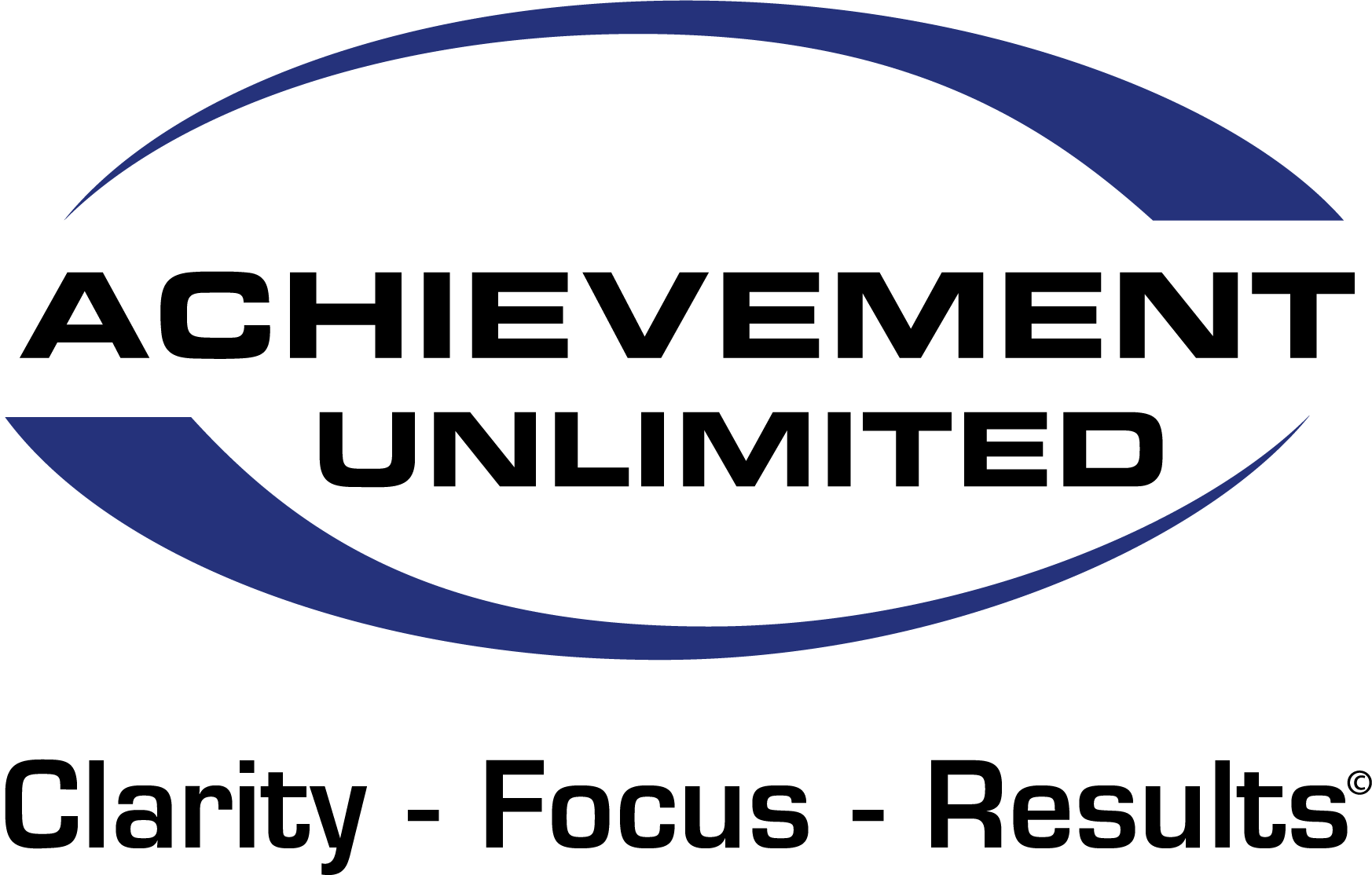3 Great Questions to Help Drive Your Strategic Plan

Most of us are driven by operational inertia and default to doing what we’ve done previously. However, you already know that to get a different result, you need to do something differently.
In the case of strategic planning, the strength of the plan is determined by our current level of thinking and we are often inhibited by our cognitive blind spots. We need to do whatever we can to break through our self-imposed limitations! When working on your strategic plan, you want to think outside the box by creating new and innovative action steps to achieve our most desired goals.
All progress in our lives requires that we go against some kind of “gravitational” system. Gravity in this sense means the forces that hold us in place. Basically, inertia keeps us doing the same things over and over again. There are forces, especially our current thinking, that prevent us from moving or changing our position. But it is important to remember what Einstein once said, “We cannot solve our current problems with the mindset that created them.”
What drives our current thinking? Ironically, the answer is QUESTIONS! People think by asking themselves questions and giving themselves answers (or finding answers for those questions). Ask a bad question and you’ll get a bad answer. People say there are no bad questions, but in strategic planning, you have to ask yourself specific questions that will lead you to the answer you want to achieve. If you want to have a great plan, then you need to ask and answer a series of great questions.
The quality of the questions we ask ourselves and our teams accounts for virtually 100% of the quality of the answers we receive. The brain is a brilliant servant and it will find an answer to any question you ask of it.
Ask yourself and your teams empowering questions like these:
- “What could we do to disrupt to our industry?”
- “What could we do that would make a real significant difference between us and our competitors?”
- “What are the unintended consequences of our current strategy that we should change?”
Perhaps you have been busy working in your business, but now realize it is time to work on your business. If you have not done a strategic plan for next year, right now is the right time. Join the Fast Track Challenge beginning November 16th. Click here for more information.





Recent Comments